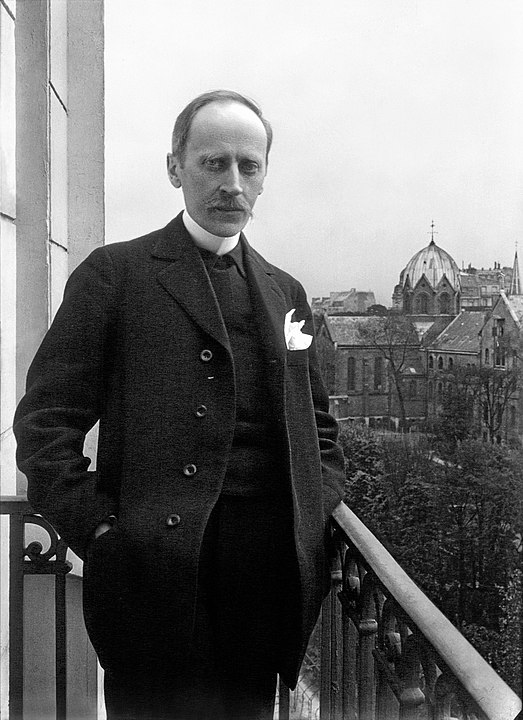Romain Rolland was awarded the Nobel Prize in Literature in 1915 for his extensive and diverse literary contributions. Rolland, a French writer and intellectual, was recognized for his profound insights into human nature, his exploration of social and political themes, and his commitment to fostering understanding and peace.

Rolland’s most celebrated work, “Jean-Christophe,” played a significant role in his Nobel Prize win. “Jean-Christophe” is a novel in ten volumes that follows the life and artistic journey of its protagonist, a musician named Jean-Christophe Krafft. The novel delves into the struggles and triumphs of the protagonist as he navigates his artistic calling amidst a changing society.
The novel captivated readers with its rich character development, philosophical reflections, and its exploration of the relationships between art, culture, and society. It served as a reflection of the social and political upheavals of early 20th-century Europe.
In addition to “Jean-Christophe,” Rolland’s body of work encompassed various genres, including plays, essays, and biographies. His writings often touched on themes such as individual freedom, social justice, and the pursuit of truth. Rolland was known for his advocacy of pacifism and his efforts to bridge cultural gaps between different nations.
Rolland’s work exemplified his commitment to humanism, and his writing sought to promote understanding, empathy, and unity among people. His profound insights into the complexities of human nature and his ability to capture the essence of the human experience resonated with readers worldwide.
In summary, Romain Rolland was awarded the Nobel Prize in Literature in 1915 for his outstanding literary contributions, particularly his novel “Jean-Christophe” and his exploration of social and political themes. His win recognized his ability to capture the human spirit through his writing and his commitment to promoting understanding and peace in a tumultuous time.




